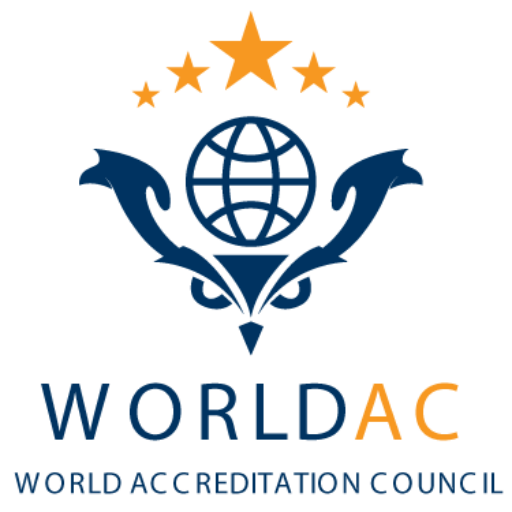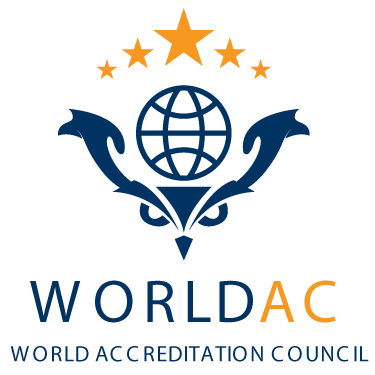ACCREDITATION BENEFITS
Benefits of WORLDAC Accreditation
Accreditation by WORLDAC offers numerous advantages for institutions and stakeholders in higher education. Here are some of the key benefits:
1. Increased Confidence
Accreditation ensures that an institution meets recognized quality standards. This assurance gives students, parents, and employers confidence in the quality of education provided, ensuring trust in the institution’s academic and operational practices.
2. Improved Outcomes
Accreditation leads to improved student outcomes. Accredited institutions are required to maintain strong academic programs and provide a wide range of resources and support services to their students, fostering a more effective learning environment.
3. Enhanced Reputation
Accreditation is important because it provides assurance to the public, particularly prospective students, that you, as an education provider, meet global education quality standards. Prospective students often feel insecure accessing international markets, where local standards may not align with global benchmarks. WORLDAC accreditation provides a global reference point, transcending local regulations or practices.
Accreditation also addresses the needs of institutions offering innovative pedagogical approaches or responding to global market demands. For institutions outside traditional regulatory categories, WORLDAC accreditation offers credibility and validation.
Additional Benefits of WORLDAC Accreditation
1. Continuous Improvement
The self-assessment process guided by WORLDAC standards allows member institutions to identify areas for improvement. This process helps institutions enhance their educational quality, optimize internal and administrative processes, and improve their overall outcomes.
2. Recognition
Each WORLDAC accredited member institution receives an official accreditation certificate. This accreditation status can be permanently verified by third parties on the WORLDAC website, boosting institutional transparency and credibility.
3. Promotion
WORLDAC actively promotes its accredited member institutions through its online platforms. It forwards inquiries to appropriate institutions and provides verification of accreditation status to prospective students and stakeholders, reinforcing confidence in the institution.
4. Networking Opportunities
WORLDAC accredited institutions share common quality and long-term goals, regardless of their country of origin. Accreditation facilitates international collaboration and agreements among member institutions, enabling them to:
- Learn from global peers.
- Establish academic and professional synergies.
- Create cooperative global market strategies.
5. Quality Control
WORLDAC accreditation provides assurance of academic quality, educational integrity, and administrative responsibility. In addition to continuous quality monitoring, WORLDAC encourages feedback from stakeholders, including complaints and suggestions, to help institutions address problems proactively and ensure compliance with standards.
6. Conflict Resolution Support
WORLDAC offers guidance and support in resolving conflicts within accredited institutions. It can mediate disputes between members or between institutions and students. In periods of serious difficulty, potential liability, or insecurity, WORLDAC provides advice to preserve student welfare and support institutional stability.
Why WORLDAC Accreditation Is Essential
Accreditation is more than a benchmark for quality; it is a commitment to continuous improvement and accountability. Institutions accredited by WORLDAC demonstrate their dedication to providing exceptional education and student support, ensuring they meet the demands of a global education market.


